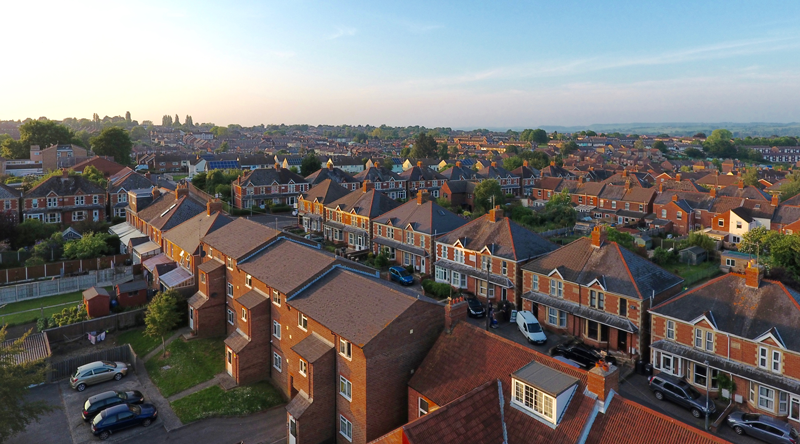
The Bank of England raised interest rates by 0.25% from 5% to 5.25%, marking the 14th successive increase since December 2021.
The increase put interest rates at their highest level since the 2008 financial crisis, reflecting the Bank’s ongoing battle against inflation.
The Monetary Policy Committee voted by a majority of 6-3 to raise #BankRate to 5.25%. Find out more in our #MonetaryPolicyReport: https://t.co/fGooUBPP4w pic.twitter.com/ch5hQ2xQ6u
— Bank of England (@bankofengland) August 3, 2023
While this isn’t exactly welcome news, it’s essential to keep things in perspective – interest rates have hit historically low levels, fluctuating between 0.10% to 5%.
The base rate now sits at 5.25% (as of August 2023), which is still remarkably affordable compared to what homeowners were paying a decade or two ago.
Plus, homeowners now have access to a broader range of funds, offering much greater flexibility in loan periods, with some options extending up to 40 years.
As we consider the impact of this rate rise, let’s explore how it will affect house prices, investors, and mortgages.

Predicting this is tricky. The trajectory of house prices relies heavily on the balance of property supply and demand. We don’t predict the rate rise will dramatically alter this equilibrium at the moment.
Homeowners who are currently benefitting from lower rates have no immediate need to move and are unlikely to do so, contributing to a lack of supply.
However, if households keep feeling the financial pinch, experts do suggest that house price growth might slow down by the end of the year.
No, not really. According to most economists, while inflation might be concerning for economies, it can actually benefit landlords— especially if property’s value rises in tandem with inflation. This just means the money you’ve invested in the property itself is gaining value.
Additionally, rents have experienced a significant uptick in recent years, with national average asking rents outside London hitting a new record of £1,231 per calendar month.
So, despite interest rates rising in sync with the base rate, there’s still an opportunity to profit from property which is good news for landlords.

If you’re on a tracker mortgage, you’ll most likely see an immediate increase in your monthly repayment, but if you’re on a variable rate it’s up to the lender.
It’s estimated that 1.4 million people are on a variable-rate residential mortgage* – either a tracker mortgage where the rate you pay is directly linked to the Bank base rate or their lender’s standard variable rate.
Now that rates have risen to 5.25%, those on a variable or tracker could see their payments jump hundreds of pounds a year.
If you’re on this type of mortgage, it’s worth speaking to an advisor to see if you can switch to a more competitive fixed-rate to try and reduce these costs.
Speak To An Advisor – It’s Free
If you’re on a fixed-rate deal, you don’t have to worry about interest rates until it’s time to remortgage. Nearly 40 percent of current fixed mortgage deals come to an end before 2025, many of which are currently on rates below 2%. *
If your fixed-rate deal is due to end this year or early next year, you might want to consider remortgaging to a new deal with a longer fixed term before the next rate rise.
MoneyWeek says some analysts believe rates could rise to 5.75% by the end of 2023, so fixing your payments now will protect you against the stress of a further rate rise.
These charges are set by your lender and could cost you thousands if you’re not careful. In some circumstances, it could be worth exiting your current deal, taking the hit on your ERCs, and locking in a lower-rate long-term fixed deal now.
If this is an option you’d like to explore, our mortgage experts can help you weigh up your options.

If you’ve been affected by the recent rate rise, or want to have certainty over your future mortgage payments, please do get in touch.
Our team of qualified mortgage experts are here to help – whether you want to talk about your options or need support finding a better deal.
To speak to our team or book a free initial mortgage consultation, please call 0161 443 4830, or click the button below.
Book your Mortgage Appointment Today
Rising Rates: How Are They Impacting The Housing Market?
Mortgage and Protection Guides
*Your home may be repossessed if you do not keep up repayments on your mortgage.